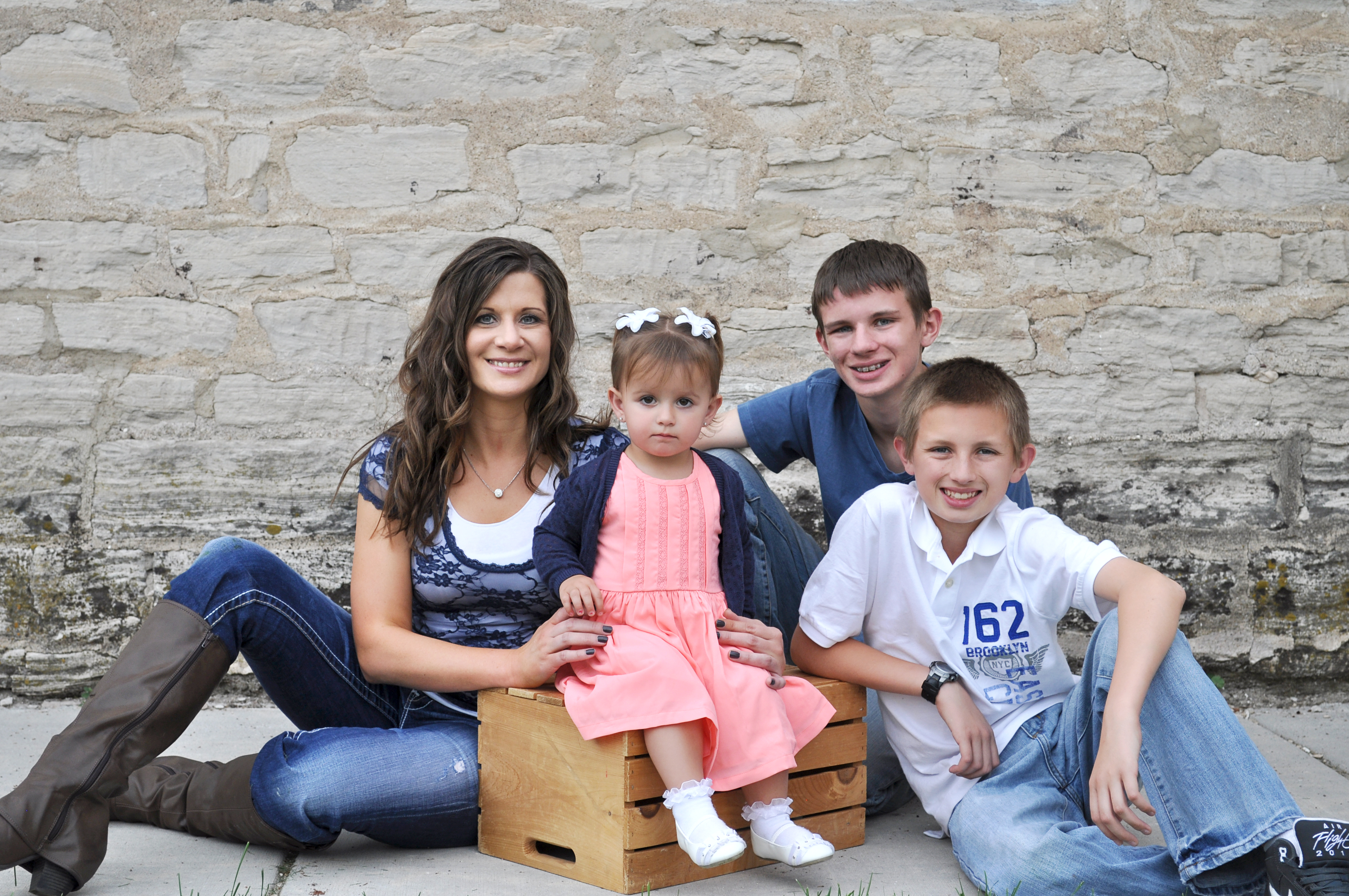Helping Hands aids mothers in need
Most students know what if feels like to worry about paying for tuition, books, rent and food while going to college, but for some students, the responsibility doesn’t end there.
For students with children and spouses, paying for everything can be a burden, but there are ways that these students can receive the help they need.
For four years, the Center of Women and Gender at Utah State University has made funds available to women — usually those with small children — who have emergency financial circumstances that would cause them to discontinue their education.
The donation program, called Helping Hands, was started by a female faculty member, who wished to remain anonymous. She began the program after seeing one of her students consider dropping out of school due to unexpected financial circumstances and no financial help from anyone else, CWG director Ann Berghout-Austin.
“Women that were going to have to stop school, they could keep going with this money,” said Reni McBride, CWG staff assistant. “It’s an emergency fund…It’s for if they’ve paid for school but can’t pay for rent or childcare, then they can use this.”
Women in this situation can go into the office or contact someone in the office, McBride said. They provide their school and personal budgets to show where their money is going and where they need help. CWG then works alongside the student’s department to see how everyone can aid.
“We want everyone to know that they can donate — even just $10,” McBride said. “If 10 people donated $10, that could make a huge difference. What we ask of these women when they get back on their feet is that they give back and make a donation. It doesn’t have to be what was given them, but just give something back to Helping Hands to help the next person.”
Right before Christmas there was an effort to get the word out and raise more money for the program, Berghout-Austin said. A marketing team is working on continuous campaigns to continue to request more help with donations across campus and beyond as well as a development team in CMG working to raise money.
“I make the final decision about HH distribution, although I always confer with my administrative assistant who is very wise and with others who work at the center,” Berghout-Austin said. “Sometimes I will talk to a faculty member, especially a faculty member in the department of the woman’s major. The impact has been tremendous. It has enabled mothers to stay in school and graduate. HH has kept little children from having cold, wet feet in the winter. HH has turned the heat back on in cold apartments.”
Berghout-Austin, who is a professor in child development, said she has been impressed with USU faculty members’ desire to help as they donate often and make it possible for these women to receive the help they need.
Since Helping Hands began, CWG has been able to help three to five women a year, Berghout-Austin said, but there are many people CWG is currently unable to financially aid.
“We can only help those in extremely dire circumstances,” Berghout-Austin said. “It is sometimes very hard to weigh one circumstance against another for ‘direness,’ but there are three key measures. First, it is one-time only money. Second, the woman must be in danger of dropping out of school. Third, there cannot be any other source of help for her — no parents, spouse.”
The donation is a one-time disbursement, meaning that it is given once to a single person, but can be dispersed across different needs, said Harmony Davis, a woman who was aided by Helping Hands.
As a single mother of two, Davis found out that her sister’s baby needed a home and was soon taking in and adopting a third child. Her children include Braden, 16, Kade, 13, and now 2-year-old Kinsley.
“I found out about (Helping Hands) on the website,” Davis said. “I went on when applying for scholarships and just got linked up that way.”
Davis started at USU in January of 2011 after a friend encouraged her to enroll and then helped her find financial help through scholarships and grants. She began with the intention of being an attorney for children in foster care cases, with a family consumer and human development major. She later added a second major of health education and promotion.
Davis graduated December 2014 with a bachelor’s degree in FCHD and will graduate with her second bachelor’s degree this semester. She applied for the tadiology program at Weber State University this month.
“Helping Hands made it for me,” Davis said. “I was able to go to school. I mean, Pell grants and loans are a great way to go, but I didn’t want to go to school and then have all of this debt. This way, I can go to school, then be with my kids the rest of the time.”
Davis said she feels like the people at CWG are now like family to her.
“They are amazing women,” Davis said. “A couple of them have reached out and been like my mom when I didn’t have anyone else.”
For more information on the Helping Hands donation program or to make a donation visit womenandgender.usu.edu/helping-hands.
— mandy.m.morgan@aggiemail.usu.edu

